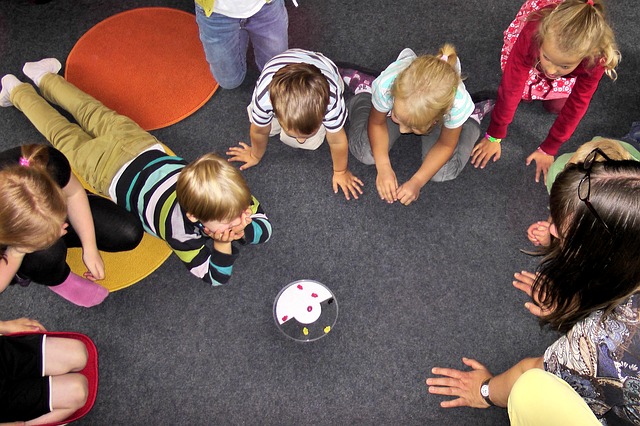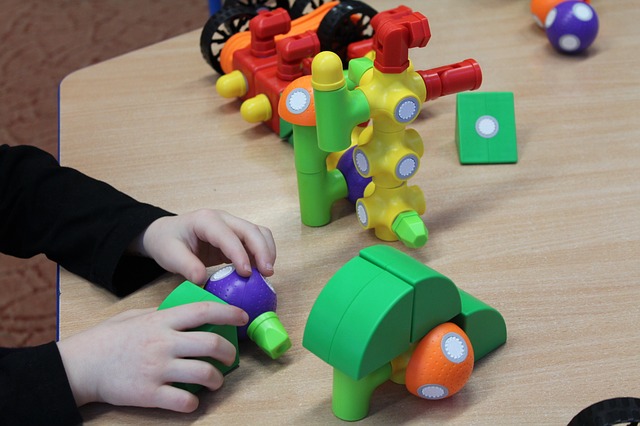In the early 20th century, traditional kindergartens and the entire traditional school system were criticized. Criticism was directed at the current concept of education and training in kindergartens and the mechanical and coercive methods of learning and punishment; as a result of educational reform theories and movements during the 1920s and 1930s, schools described as “alternative” began to emerge. The term “alternative school” itself has many meanings, with different descriptions and understandings in different countries, but can generally be compared to the terms free school, non-traditional school, and free school. The term refers to schools that differ in some respect from regular schools, such as in the organization of school life, educational methods, and forms of education. In Japan, the term “alternative school” is often, but not always, associated with private schools. There are two types of such schools: private schools, where one pays a fee for the services provided, and public schools, which are publicly funded
.

Alternative schools operate on common principles. Alternative schools emphasize above all democracy, i.e., freedom, responsibility, humanism, and equality in education and training. The child is the center of activity, and while education is aimed at the full development of his or her personality, the highest goal is the development of the child\’s activity and responsibility. It includes classical alternative schools based on Maria Montessori, Waldorf schools, and the Dalton Plan, as well as modern alternative schools. Here we can mention the Czech Healthy Schools, Open Teaching, Start Together, foreign Traveling Schools, Schools without Classes, etc.

The number of such alternative kindergartens in the Czech Republic continues to grow, as does the number of innovative methods and approaches in kindergartens. Some of the innovative approaches include, for example, Haynie\’s method which leads to the development of math skills in forest schools and in preschool children. Haney\’s method is cooperative and related to the aforementioned educational program “Start Together” (similar principles, constructivist educational model)
.